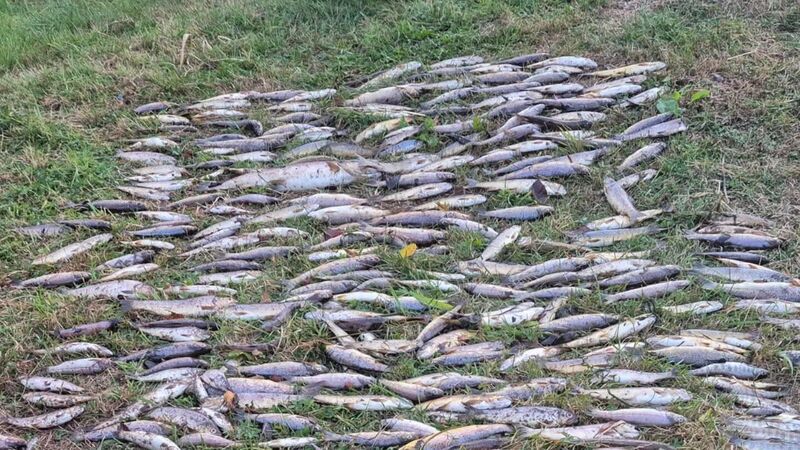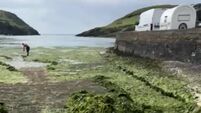Inadequate State response to fish kill resulted in lack of evidence, committee hears

An inter-agency report published last week revealed that a cause for the August 11 fish kill in the River Blackwater could not be established. Picture: Facebook/Conor Arnold
The response of State bodies to the River Blackwater fish kill has resulted in a lack of evidence, which has made an appropriate prosecution very difficult, an Oireachtas committee has been told.
A session of the Oireachtas committee on climate, environment, and energy on Tuesday evening heard from a series of witnesses, including Killavullen Angling Club chairman Conor Arnold.













